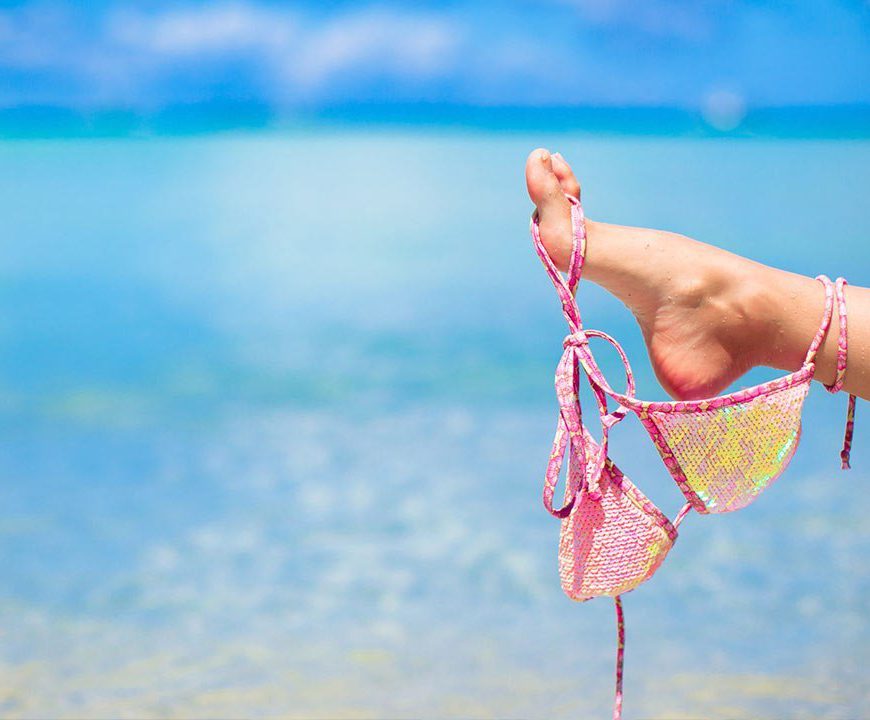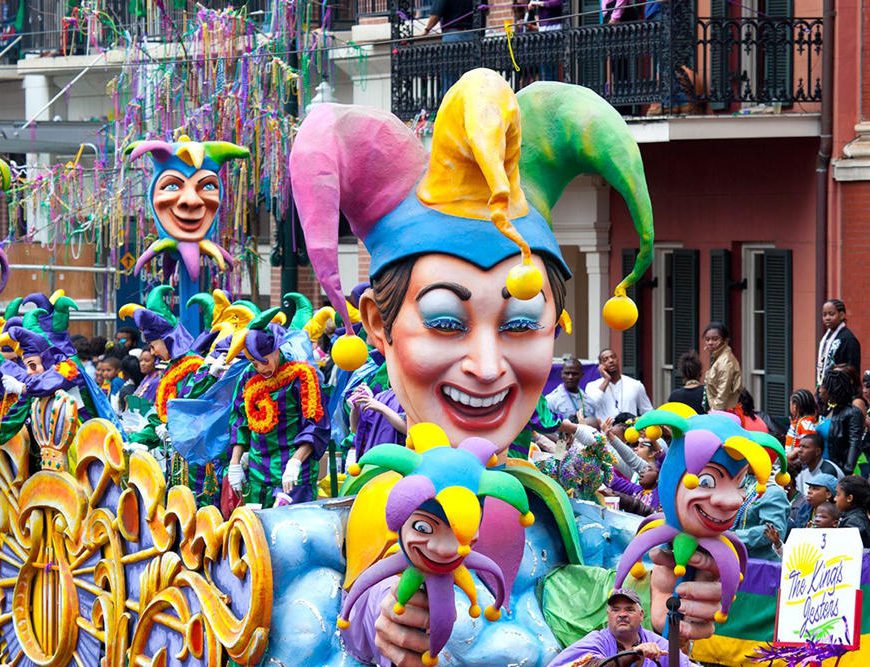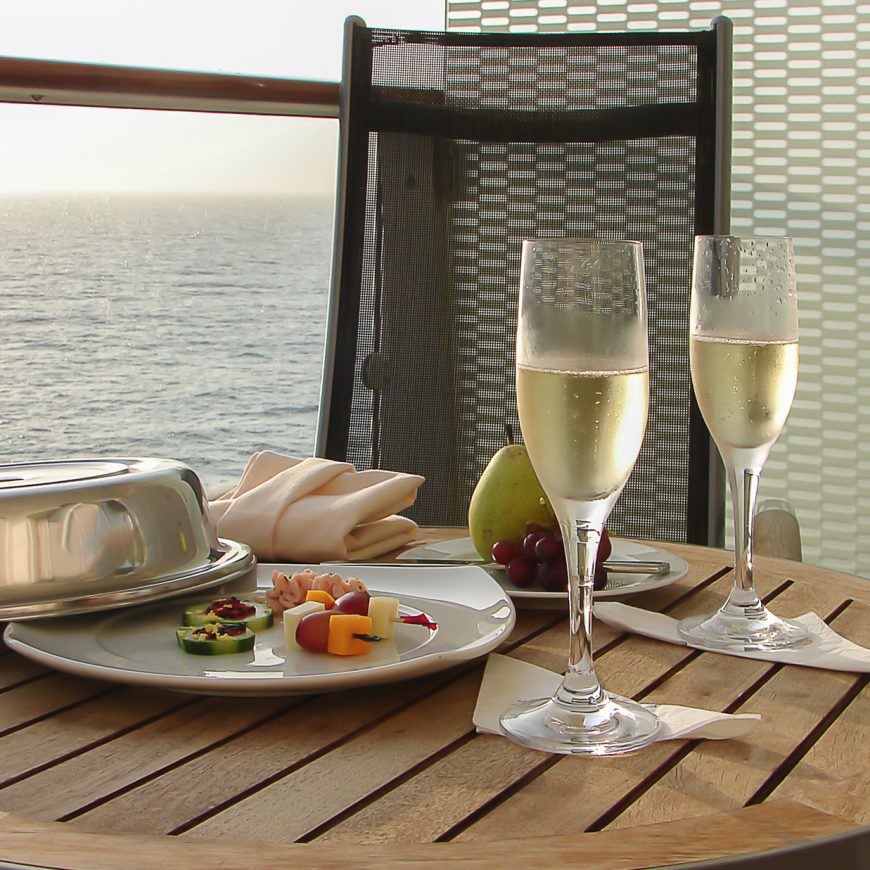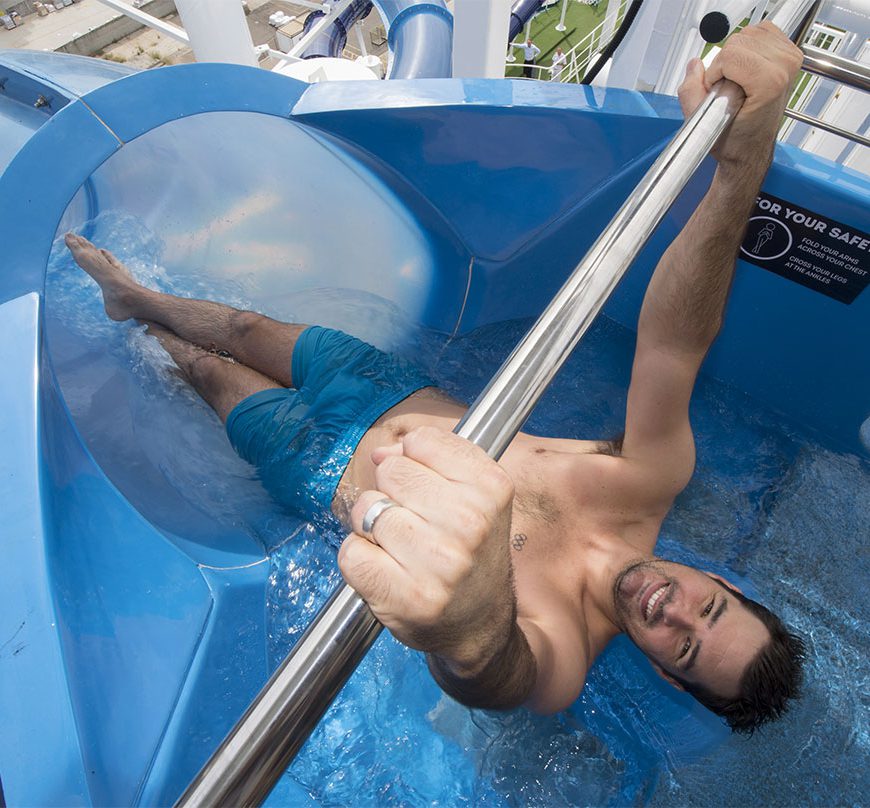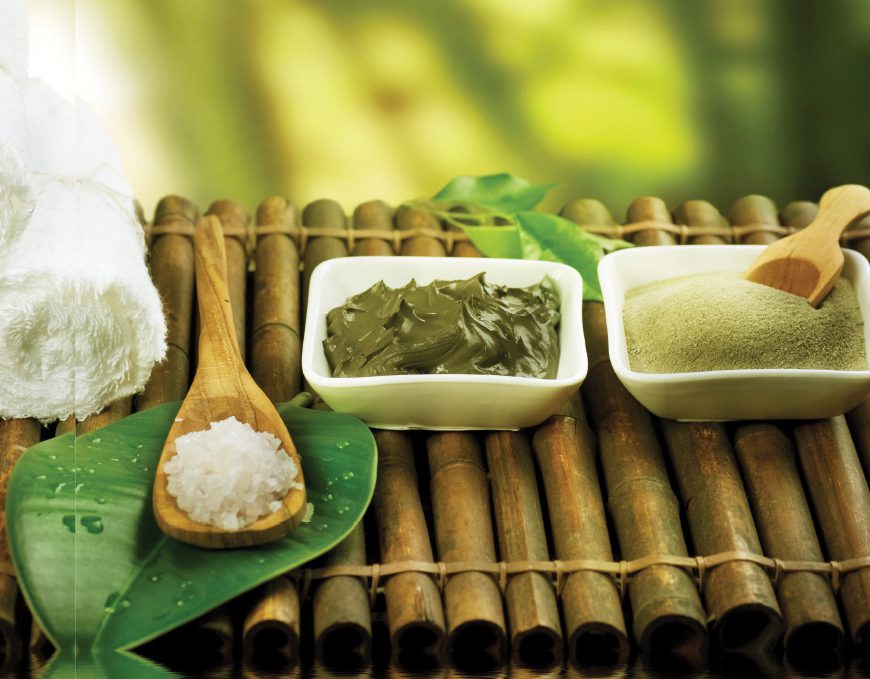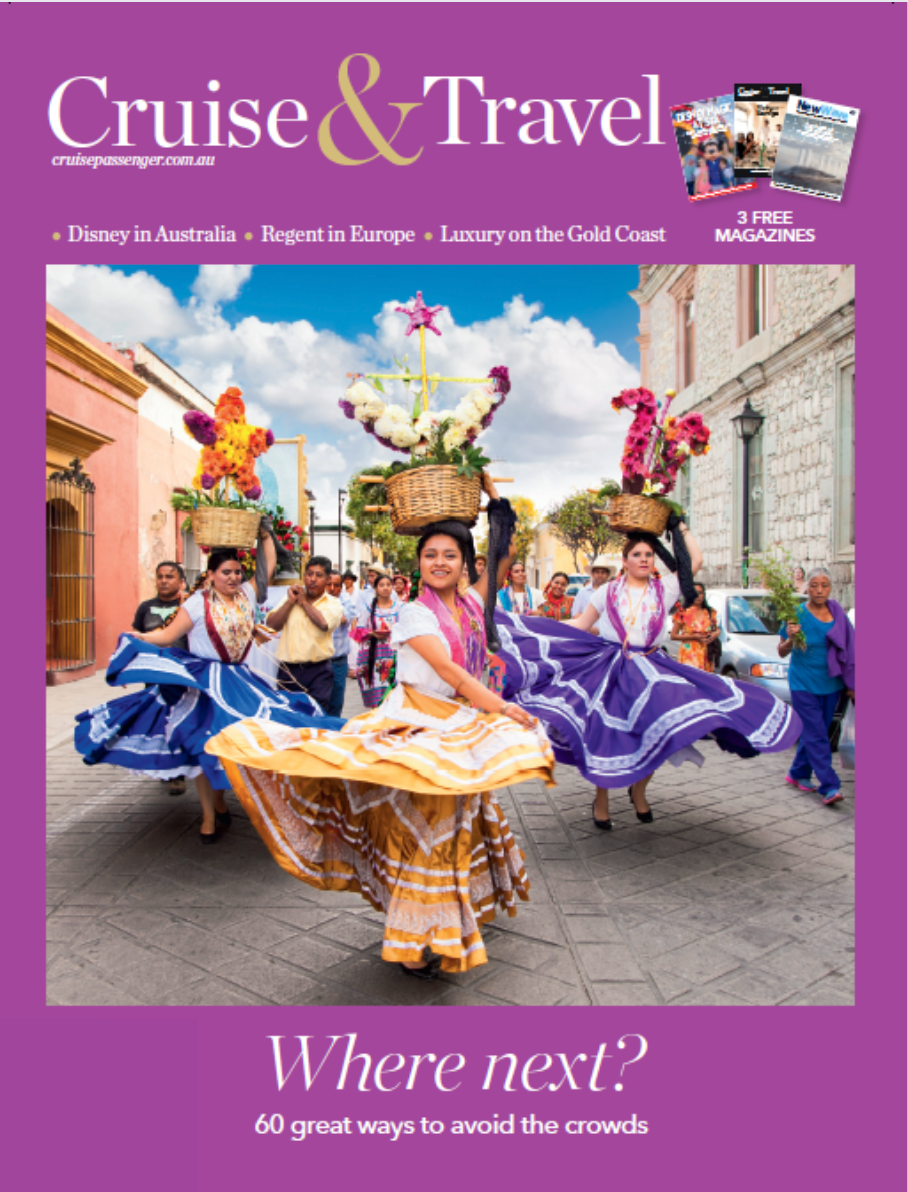Corkage onboard – would you pay?
Activities & EntertainmentIt’s one of the most popular (and vocal) debates among passengers – the alcohol policy. Many argue that drinks onboard are too expensive, particularly as cruise lines are paying duty free prices for their booze, but bringing your own alcohol onboard is subject to a host of restrictions. Passengers are generally allowed to bring a couple of bottles of wine or champagne onboard but corkage fees vary widely. Most mainstream lines prohibit you from bringing spirits and beer onboard and will confiscate any that they find in your baggage (though you will likely get it back at the end of the cruise). Cruise forums are abound with tales of frugal travellers filling empty shampoo bottles with vodka to avoid paying for drinks onboard. But ship security seems to have become fairly savvy about these kinds of tricks and you’ll likely be caught (and the alcohol thrown out). You should also be aware that any alcohol you purchase in the onboard shops can’t be consumed during the cruise. Most lines have a similar policy for alcohol bought at ports of call and will store it for you until the last night of the cruise.
If you don’t want to bring your own, a glass of house wine onboard most of these ships will set you back around $6-8 and bottles start from around $25-30. Lines are unwilling to release standard pricing as they generally offer different drinks menus in different parts of the world. Do be aware that these prices are usually in US dollars and there will also be a compulsory gratuity of 15-20% added to them.
Onboard alcohol policies and corkage fees
Royal Caribbean
Free! Passengers can bring up to two bottles of wine or champagne per cabin onboard on the day of embarkation only and drink them anywhere on the ship free of charge. Royal Caribbean removed its $25 per bottle corkage fee in 2014 (though many cruisers say that it was never really enforced).
P&O Cruises
Passengers on P&O cruises departing Australia aren’t allowed to bring any alcohol onboard, though the line does have different policies for its UK and world cruises.
Holland America
There’s no corkage fee on the first bottle of wine or champagne brought onboard at the beginning of the voyage, as long as you drink it in your cabin. Additional bottles incur an $18 corkage fee per bottle regardless of where you consume them. Passengers are also allowed to consume wine or champagne purchased at ports of call (which most lines prohibit), paying the same $18 per bottle.
Carnival Cruise Line
Each passenger over the age of 21 may bring one bottle of wine or champagne onboard on the day of embarkation. There is a $10 corkage fee for drinking it in the dining room and a $14 fee at the steakhouse.
Cunard
Alcohol is limited to one bottle of wine or champagne for each passenger over the age of 21 and there’s a $20 corkage fee per bottle to drink it in a restaurant.
Princess Cruises
Each passenger can bring one bottle of wine or champagne onboard on embarkation day and there is no charge if it is consumed in the cabin. Passengers can bring additional bottles but there is a $15 per bottle fee regardless of where it is consumed.
Celebrity Cruises
Two bottles of wine or champagne per stateroom can be brought onboard at embarkation and there is a $25 fee for drinking them in a bar or dining venue. Celebrity is also one of the few lines that specifically mentions hiding alcohol in other containers in its conditions of carriage, so it’s best to avoid it.
MSC Cruises
MSC passengers are not permitted to bring any alcohol onboard.
Azamara Club Cruises
Azamara is one of the few cruise lines that allows passengers to bring spirits, beer and wine onboard with no set limit. It’s free to consume it in your cabin but there’s a fee of $10 per bottle to consume it in any bar or dining venue.
Luxury lines: Seabourn, Silversea, Regent Seven Seas
You can bring any alcohol you like onboard these cruise lines without a fee, but most passengers don’t bother as beer, wine, champagne and spirits are included in the fare. Premium or rare bottles are available for purchase onboard.

